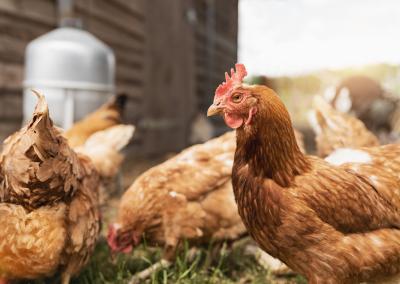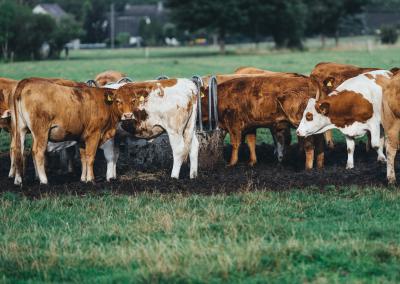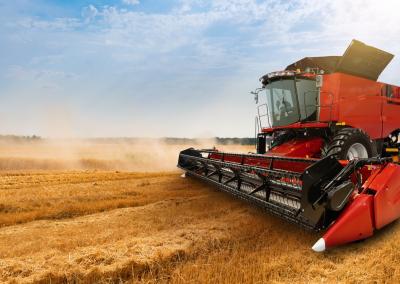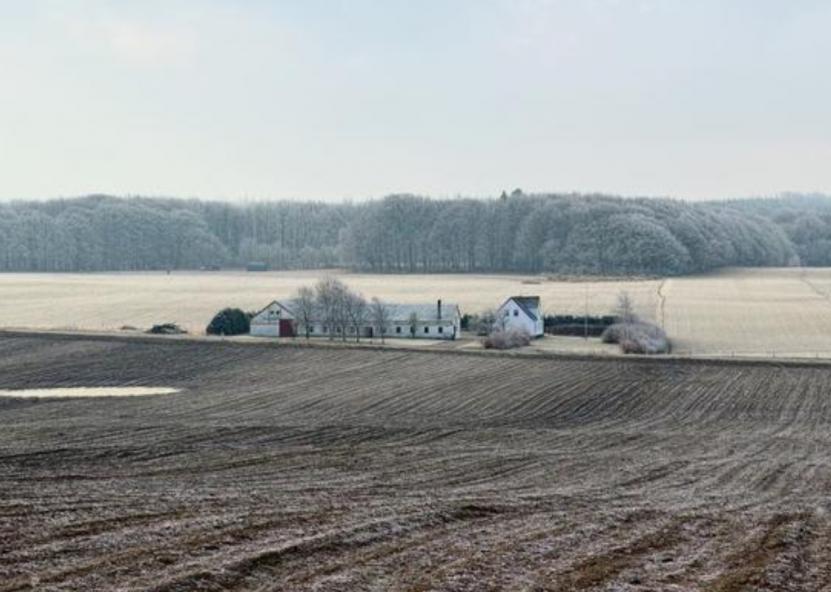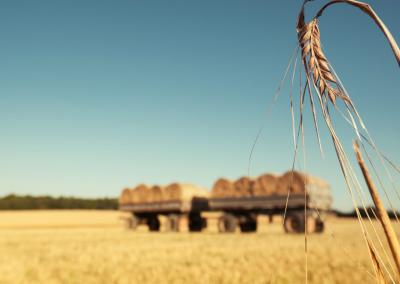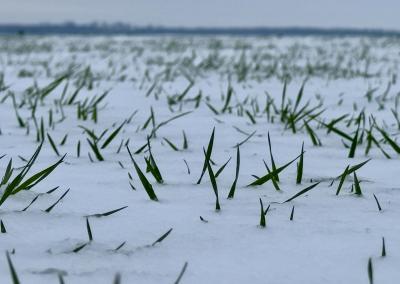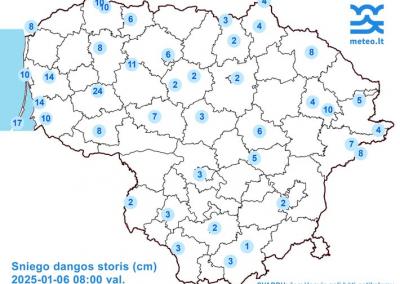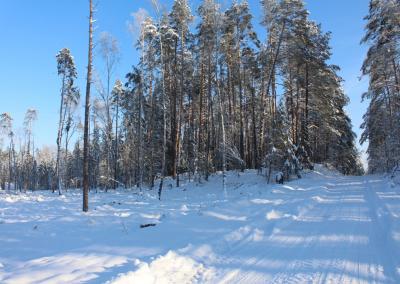Adverse weather in the first month of winter threatens crops
The winter of 2024-2025 had an autumnal start – light snowfall melted quickly, with warmth mostly lasting well into the night, and daytime temperatures of 4-6 degrees Celsius, with little rain. Such weather poses risks to plants, either by causing them to vegetate or by being attacked later by pests that are not destroyed by the cold, say experts interviewed by BNS.
Chairman of the Chamber of Agriculture, Arūnas Svitojus, says such winters are very risky and dangerous for farmers, and the real losses could be seen in a couple of months.
He said that crops are not doing well at the moment, but January-February will show whether it will get worse.
Vitalija Kuliešienė, president of the Lithuanian Association of Entrepreneurial Gardens „Vaisiai ir uogos“, says gardeners are most worried about spring frosts, not the warmth of the December-January weather.
„Heat only affects the size of the bearer: it can be bigger, smaller, pests are more damaging, and frosts take away the harvest altogether if the blossom dies off during flowering, it doesn't grow back," Kuliešienė told BNS.
„There is no greenery to be seen yet – nothing is growing yet. It has been cold enough to kill them (...) The heat is really not doing anything to the gardens themselves. But there is no kindness either. The trees are asleep and without more serious plus temperatures nothing will happen to them," the head of the association told BNS.
Sigita Jurkonienė, head of the Laboratory of Plant Physiology at the Nature Research Centre, who has already seen the buds bursting out in winter, said that Lithuanian vegetation has already adapted to the changes in the weather.
„If they don't sprout and turn green when the frost sets in, they'll be in that condition,“, – S. Jurkonienė. – „As long as there are no frosts above 20-30 degrees, there is no need to worry. Everything will be fine, the plants will adapt to small changes in the weather.“
However, gardeners, farmers and scientists agree that a warm autumn and early winter is best for plant pests. According to Ms Kuliešienė, there could be more diseases and pests if it doesn't freeze.
„10-15 degrees of cold is needed to freeze pests that do not have time to burrow deeper into the ground“, the scientist told BNS.
She agrees that if the pests don't freeze, they will have to be defended against with more chemistry: „Actually yes, it will take more, but you can't add more chemistry than is allowed“.
According to Mr Svitoy, chemistry is not only harmful to humans but also to bees. He said that Lithuania has never had such a warm winter before and that if it suddenly froze, it would be a "big problem".
„If it freezes a bit and slows down the growing season, the plants will be able to adapt. They stick glycerol to their cells and they don't break down, but if there is a sudden crossing, the crystals break down the cells and the organisms are killed," the chairman of the Chamber of Agriculture told BNS.
A. Svitoy said the most harmful is a sudden chill of 12 degrees: 14 degrees would be very damaging, and if it were 16 degrees, it would be all for the plants. For example, oilseed rape would have to be ploughed up and re-sown.
He says it is better to get 5 degrees below freezing than to stay 5 degrees below freezing. Wheat does not benefit from warm weather, but it is even worse if it does not freeze, but if it snows heavily.
„They would dry out. It has to get down to about 5 degrees, then the ground gets compacted, there's not much water, it's compacted and it can snow then. Then the moisture won't hurt, but if the ground freezes dry, the frost goes deep into the roots and the trees even freeze," the farmer explained to BNS.

